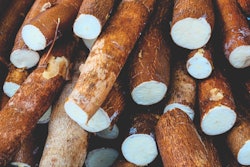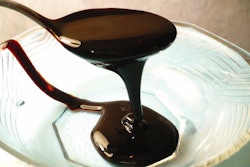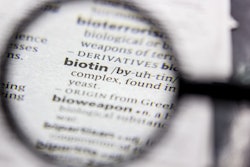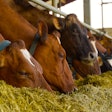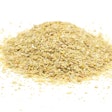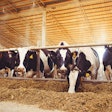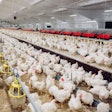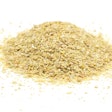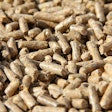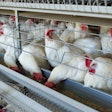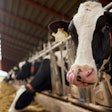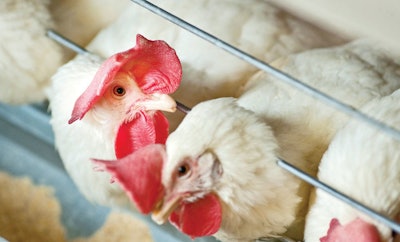
When part of a comprehensive program, these additives can help recover part of the lost performance potential
Heat stress requires three areas of attention: animal management and facilities, feed reformulation, and additives supplementation. All these can alleviate heat stress, improve animal comfort, health and well-being, and safeguard performance. The following six additives are commonly used in broiler and layer feeds worldwide.
- Sodium bicarbonate should be used to cover the needs of sodium after enough salt (sodium chloride) has been added to cover the needs for chlorine. This will improve dietary electrolyte balance and will help hens maintain eggshell quality.
- Potassium chloride might be needed to further improve the dietary electrolyte balance, especially in diets poor in potassium, such as those devoid of soybean meal.
- Vitamin C, although not required under normal conditions, has been shown to alleviate the symptoms of heat stress by reducing oxidative stress. Best results are achieved when vitamin C is added in the water.
- Betaine is a potent osmo-regulator that has been shown to be of benefit in animals suffering from water. Betaine acts by balancing water levels inside the cells, keeping them hydrated.
- Sodium zeolite is a natural clay (and also a good anti-mycotoxin agent) that has been shown to reduce the effects of heat stress, especially in laying hens. It is speculated it acts as a buffer in the gastrointestinal system, reducing alkalosis associated with panting.
- Antioxidants such as vitamin E or any other natural antioxidant can help reduce the oxidation stress associated with heat stress.
No single additive or any other intervention strategy can fully compensate for the negative effects of severe heat stress. But, when part of a comprehensive program, these additives can help recover part of the lost performance potential.


